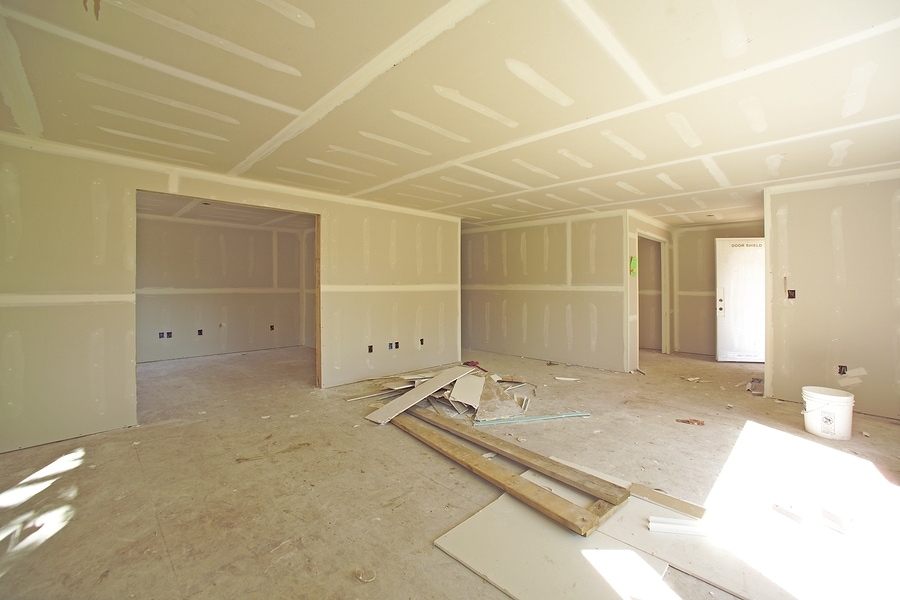Get Expert Financing
- Matched with investor-friendly lenders
- Fast pre-approvals-no W2s required
- Financing options fro rentals, BRRRR, STRs
- Scale your portfolio with confidence
People devote all kinds of time and money to getting their homes ready for sale. They might replace flooring, paint inside and out, and even replace cabinets and fixtures. But the best solutions are often the simplest – and the cheapest. And the cheapest, easiest way to prepare your house for sale is to declutter it.
For better or worse, people don’t look past your clutter. You may be thinking that they will since the clutter won’t be there when they move in. But prospective buyers aren’t always that imaginative.
It’s true. Prospective buyers visualize themselves in your home. If they can’t – because they can’t see past the clutter – they’ll move on to the next home. You can prevent that outcome by decluttering your home wherever it’s necessary.
Clutter tends to accumulate and hide throughout the house. Some places are obvious, others aren’t. But if you want to do a serious decluttering, look everywhere!
Here’s a list of likely clutter collections to help you get started:
The clutter in many rooms often finds its way into the closets. After all, storage is the very purpose of having closets at all. But if you’re selling your home, it’s time to seriously clean out your closets. When looking at your home, buyers will open the closets. If they see plenty of space, they’ll be impressed. But if they see nothing but a wall of stuff, they may decide it’s time to move on.
These can build up over time without even being noticed. They can be a corner of a room or even an entire room. Look for that corner of each room in the house that has become a collection point, and empty it out. You’ll want buyers to see as much open space in every room of your house as possible.
Since most people seem to use their garage more for storage than for parking their cars, this is often the most cluttered space in the house. This is particularly true in homes that don’t have basements. If your garage has turned into a storage facility, it will need a serious clearing out. Buyers will need to be able to “see” their cars parked in your garage.
One of the basic problems with clutter in the basement is that the primary mission of the basement is storage. But a large, open basement is a major selling point with any home. If it’s filled up with too much stuff, prospective buyers may not be able to appreciate the benefit that it can provide.
This is usually a virtually forgotten zone. Most people only go into the attic a few times a year, and when they do, it’s almost always to make a deposit – never a withdrawal. Never ignore clutter in this space. Even though you rarely go into the attic, rest assured that a prospective buyer will. And if they don’t like what they see, they won’t hang around.
The kitchen is the busiest room in the house, and it often reflects that activity level. If your counters are so filled up that you can hardly see the countertops, it’s time to declutter here. This is particularly important since the kitchen is usually the most important room in the house when it’s up for sale. The kitchen needs to be spacious, and clutter will reduce that perception.
It may sound crazy, but you need to remove any excess anything from the backyard. This is another major selling point for a buyer. Too much stuff on the lawn will make it look small and poorly maintained. Also pay close attention to underneath your deck, if you have one. That’s a natural storage space, and one that needs to be cleared out when selling the home.
Never assume that a prospective buyer will ignore these. It could be a tool shed, or even a permanent playhouse. If it’s overflowing with stuff, it’ll be a negative selling point. This is especially true of a tool shed, that might be overloaded with rusting tools, and covered in cobwebs. It gives a bad feeling to a buyer who may be concerned that he’ll be stuck cleaning out the mess that he’s looking at.
Have you ever seen those Febreze commercials that suggest that you might have gone “nose-blind” to odors in your house or car? The same thing can happen with clutter in or around your home. Since you’re completely familiar with your clutter, you don’t even notice it.
With that in mind, take a walk around your home. Is there any clutter in what should be open spaces? This could be the floor in your living room or family room, an entire side of a bedroom, or even in the hallways. A house has to “flow,” and clutter in open spaces interferes with that flow.
Remove anything from any space in your home that could reduce its utility and appeal.
One of the biggest problems with decluttering is what to do with it after the fact. Here are the basic options:
There’s a secondary benefit to decluttering. When it’s actually time to move, you’ll not only have less stuff to load onto the truck, but you’ll also have less left over to clean up after the fact.
So if you’re looking for a way to make your home more salable, never overlook the obvious. And that’s getting rid of the clutter that’s probably staring you right in the face.
Our advice is based on experience in the mortgage industry and we are dedicated to helping you achieve your goal of owning a home. We may receive compensation from partner banks when you view mortgage rates listed on our website.

